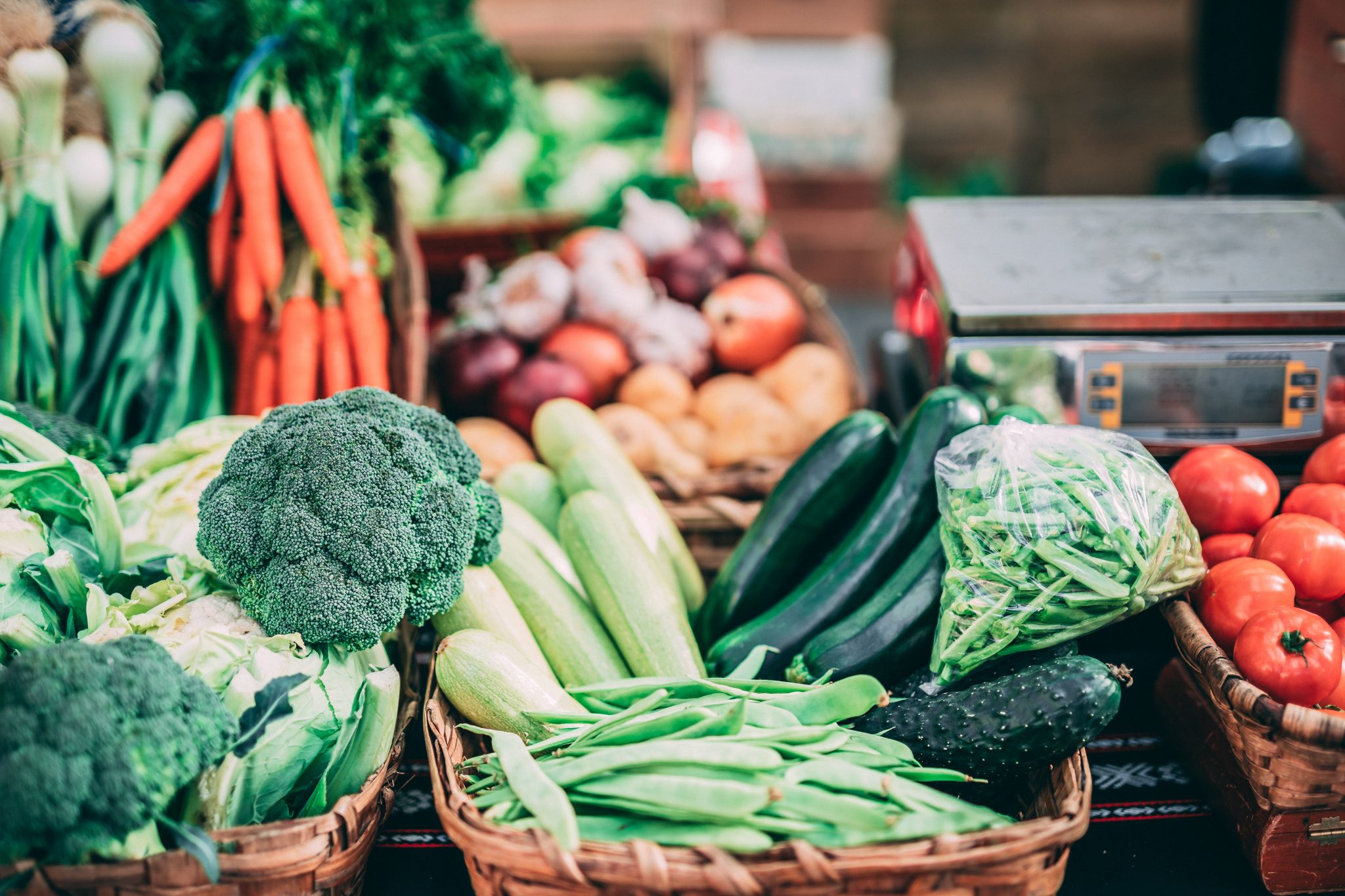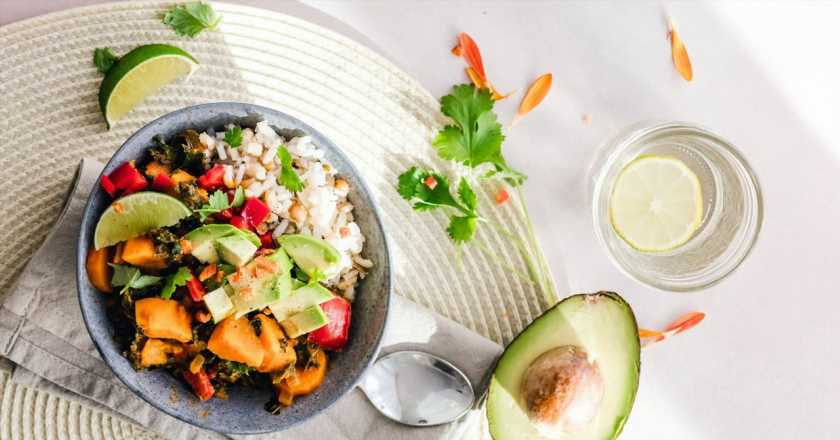You can’t get away from being told to eat more fibre – but why is it so important? Spoiler: it’s about more than just being regular.
Seemingly every week, we’re finding out yet another benefit of eating fibre. As well as protecting us from digestive problems, the latest piece of research has found that it can also reduce the risk of dementia thanks to the gut-brain axis, as reported in the journal Nutritional Neuroscience.
Yet, despite the regular updates, the population’s fibre intake is well below par. According to the NHS, most of us don’t eat anywhere near enough of it: as it stands, women are only getting an average of 17.2g of fibre a day, compared to the British Nutrition Foundation’s recommendation of 30g.
While fibre used to be thought of as a nutrient that keeps us ‘regular’, there are way more benefits to eating it. Here are some to know…
You may also like
Can supplements really help to boost your immune system?
What is fibre?
There are two different types of fibre: soluble and insoluble. You might be more familiar with insoluble type, which is known primarily for aiding digestive health and preventing constipation.
Soluble fibre is just as important though. It can be found in oats, citrus fruits and beans, and it feeds the good bacteria that lives in your large intestines. This is really important because, as nutritionist Cheryl Telfer explains, it helps to control the metabolising of the gut bacteria, “which impacts immune, behavioural and neurobiological functions”. In other words, soluble fibre can help keep everything from your immune system to your hormones well-balanced.
Dietician Valerie Agyeman says that “most plant-based foods, such as oatmeal and beans, contain both soluble and insoluble fibre”. But, it’s important to remember that the amount of each type varies from food to food. “To receive the greatest health benefit, eat a wide variety of high-fibre food,” she says.

What are the benefits of fibre?
Did you know 70% of your immune system lives in your gut? So in addition to improving digestion, fibre can support immunity. And that’s just one of the many, many benefits of fibre.
According to registered dietician Tai Ibitoye, upping your fibre intake even slightly can help to support blood sugar levels. “This has to do with the fact that soluble fibre forms a gel with water, which helps to slow down the entry of glucose to the bloodstream,” she says.
Plus, the previously mentioned recent study on fibre and cognitive function show that soluble fibres found in foods such as oats and legumes help ward off dementia thanks to supporting gut bacteria. And fibrous foods can also support short-term mental health, as serotonin is produced in our gut.
How to eat more fibre
If you think you need to up your fibre intake, Cheryl recommends starting off slow. “An immediate increase of fibre in the diet can cause side effects such as gas and bloating,” she says. She also suggests chewing fibre-rich foods thoroughly, hydrating yourself between meals, and avoiding foods that are harder on digestion such as raw vegetables.
You may also like
Do supplements work? Fitness trainers answer the most googled questions
Valerie recommends starting off with whole foods, and then only topping up your fibre intake with supplements if necessary. “Fibre supplements don’t provide the variety of fibres, vitamins, minerals and other beneficial nutrients that foods do,” she says. “However, some people may still need a fibre supplement if dietary changes aren’t sufficient or if they have certain medical conditions”.
Luckily, adding fibre into your diet is easier than you might think. You can find fibre in everything from cereals and wholegrain bread to leafy vegetables and legumes. For many, making some simple switches in eating habits will be enough, such as swapping out the white bread for brown when making your morning toast. Tai also recommends stocking up on brown pitta breads, whole-wheat biscuits, and eating baked and baked potatoes with the skin on.
For more nutrition tips, sign up to the Strong Women Training Club.
Images: Unsplash/Pexels
Source: Read Full Article
